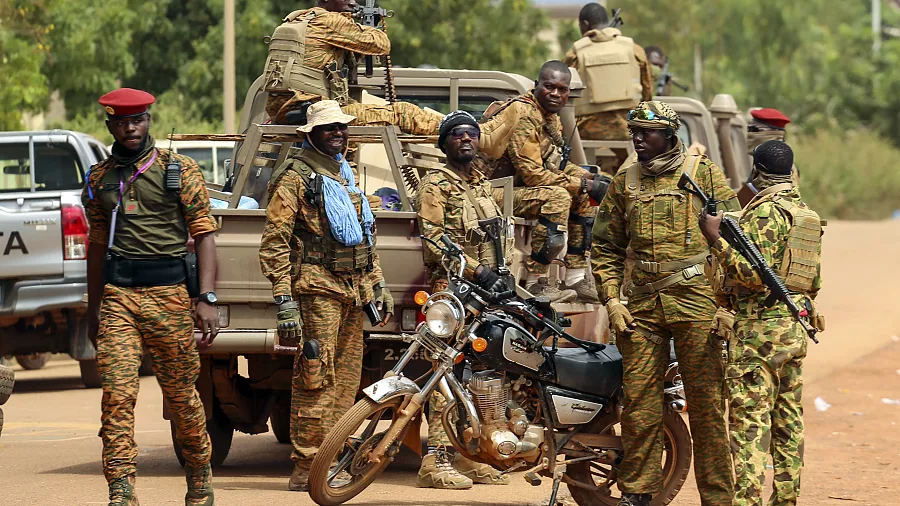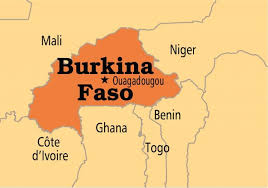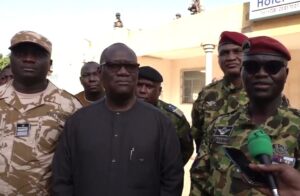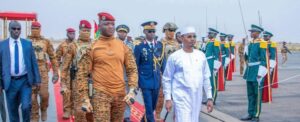Burkina Faso: When the effectiveness of Burkina Faso’s intelligence services resonates beyond its borders

Burkina Faso is increasingly establishing itself as a model for security and counter-terrorism efforts, largely due to the effectiveness of its intelligence service. The National Intelligence Agency (ANR), led by Commander Oumarou Yabré under the insightful supervision of Captain Ibrahim Traoré, President of Faso, has become a key player in the fight to secure the country and beyond.
The operations conducted by the ANR are characterized by their precision and speed, allowing for the neutralization of potential threats before they escalate. Through meticulous information gathering and close collaboration with the Defense and Security Forces, the agency has thwarted several attempted terrorist attacks, thereby enhancing security within Burkina Faso.
This effectiveness, attributed to a well-structured organization and highly qualified personnel, has not gone unnoticed beyond Burkina Faso’s borders. Several countries in the West African sub-region, facing similar security challenges, have begun to draw inspiration from the ANR’s methods. The strategic approach adopted under Captain Traoré’s leadership, emphasizing synergy between intelligence and military forces, has proven effective, particularly in sensitive areas.
Commander Oumarou Yabré, at the helm of this crucial agency, has distinguished himself through professionalism and commitment, reinforcing the ANR’s role as a pillar in the fight against terrorism. The agency’s successes have not only secured Burkina Faso but also facilitated the sharing of valuable information with intelligence services in other countries, creating a regional dynamic of cooperation against terrorist threats, especially with its AES neighbors.
The growing reputation of the ANR demonstrates that Burkina Faso, under Captain Ibrahim Traoré’s leadership, is becoming a reliable force in the quest for stability in the sub-region. The Burkinabe model, combining intelligence and military action, contributes not only to the protection of its territory but also to regional security.









